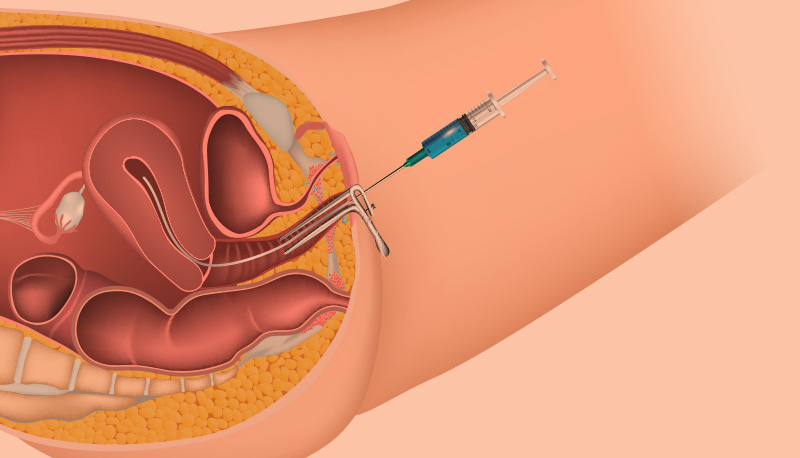Supreme Multispeciality Hospital: Ghatkopar West, Mumbai

Intrauterine insemination (IUI) is a common fertility treatment that involves placing sperm directly into a woman's uterus to facilitate fertilization. It is often recommended for couples experiencing infertility due to various factors, such as low sperm count, cervical factor infertility, or unexplained infertility. IUI is a less invasive and more affordable option compared to in vitro fertilization (IVF), making it a popular choice for many couples seeking to conceive.
The IUI procedure typically begins with ovarian stimulation to induce the growth and maturation of multiple eggs. This may involve taking fertility medications such as clomiphene citrate or gonadotropins to stimulate ovulation. During the woman's fertile window, a semen sample is collected from the male partner or a sperm donor, processed in the laboratory to isolate motile and healthy sperm, and then carefully inserted into the woman's uterus using a thin catheter. This process enhances the chances of sperm reaching and fertilizing the egg, thereby increasing the likelihood of conception.
IUI offers several benefits for couples seeking to conceive. It is a relatively simple and minimally invasive procedure that can be performed in a fertility clinic without the need for anesthesia. Additionally, IUI can overcome certain fertility challenges, such as issues with sperm motility or cervical mucus quality, by placing sperm directly into the uterus where they have a higher chance of reaching the fallopian tubes and fertilizing the egg. Moreover, IUI is less costly and less physically demanding than IVF, making it a more accessible option for many couples.
While IUI can be an effective treatment for certain types of infertility, it may not be suitable for everyone. Success rates for IUI vary depending on factors such as age, cause of infertility, and the quality of the sperm and eggs. Couples considering IUI should discuss their specific situation with a fertility specialist to determine if it is the most appropriate treatment option for them. Additionally, multiple cycles of IUI may be necessary to achieve pregnancy, and there is a risk of multiple pregnancies with IUI, which can increase the likelihood of complications for both the mother and babies. Therefore, careful monitoring and follow-up with a healthcare provider are essential throughout the IUI process.